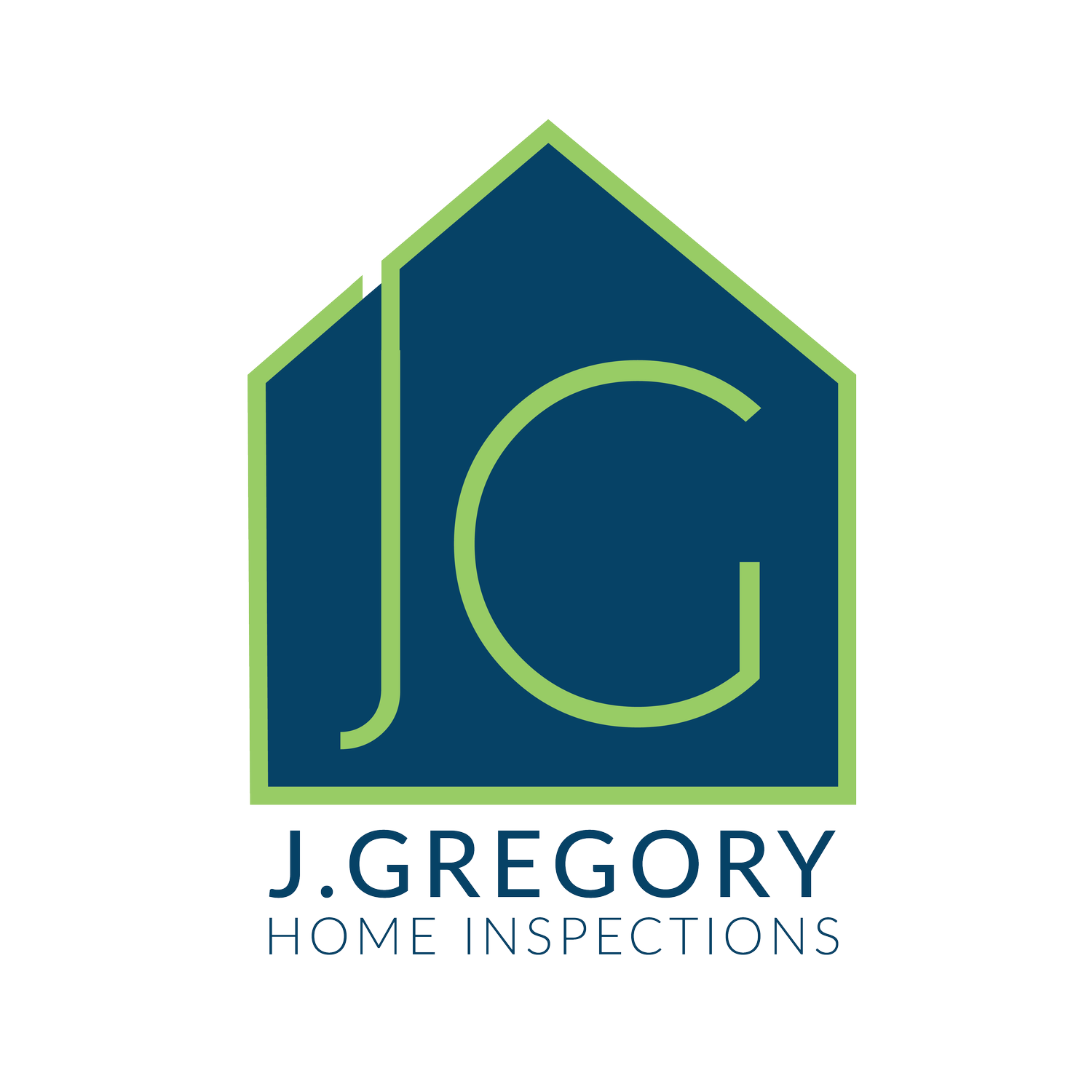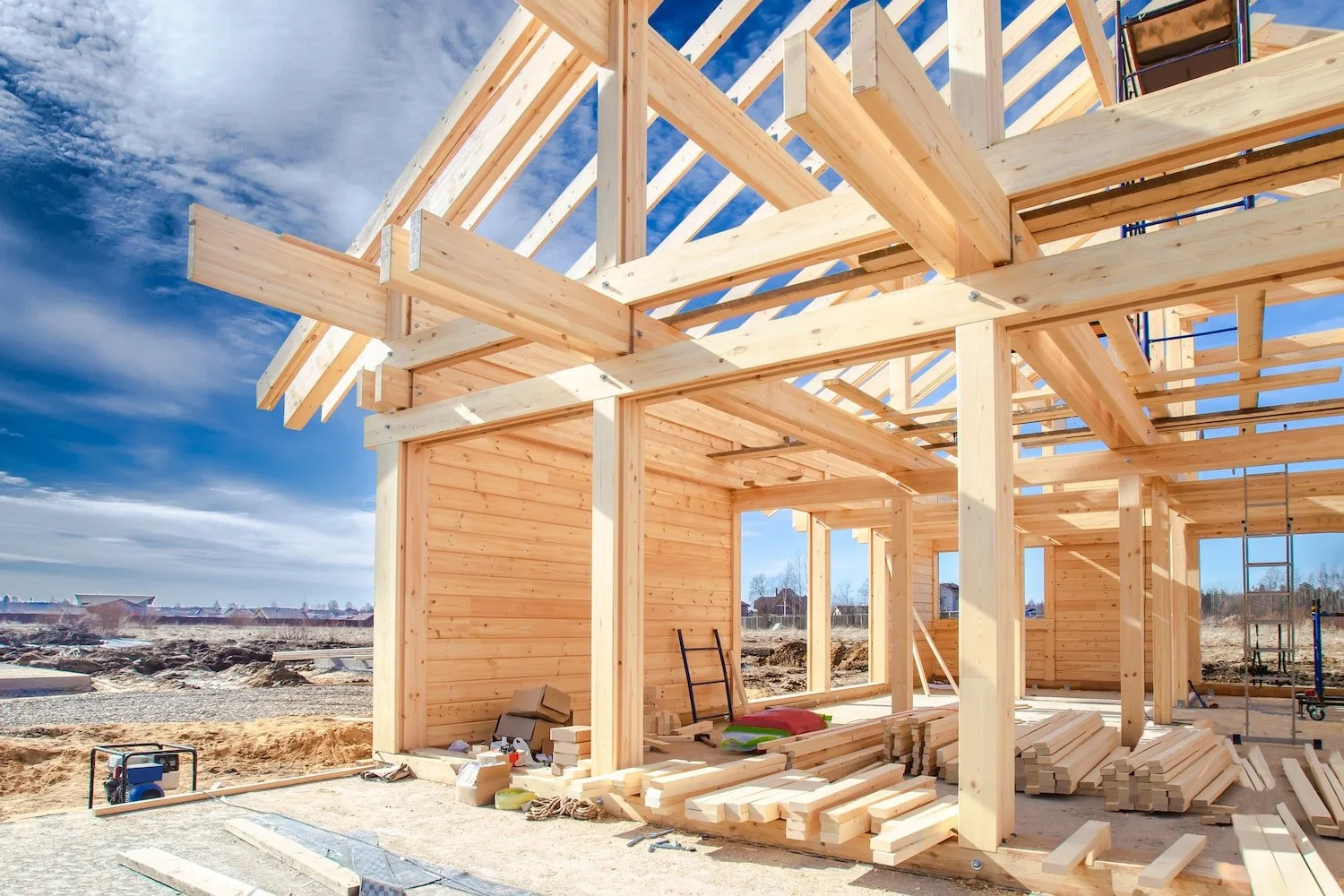Should You Get a Home Inspection for a New Construction Home?
Should You Get a Home Inspection for a New Construction Home?
Buying a new construction home often feels like hitting the jackpot: pristine walls, gleaming appliances, and that fresh-from-the-factory scent. No quirky outdated fixtures or mysterious creaks in the night. With a builder's warranty in hand and municipal inspections already stamped with approval, it's tempting to skip the home inspection and head straight to closing. After all, why spend extra on scrutinizing something that's brand new? But hold on—experts overwhelmingly say that's a risky bet. Even shiny new homes can hide costly flaws, and a professional inspection could save you thousands in headaches down the line. In this article, we'll break down the pros, cons, common pitfalls, and when to schedule one, so you can decide with eyes wide open.
The Myth of the "Perfect"
New Build It's a common refrain from realtors or builders: "New construction? Inspection not necessary—it's all up to code!" And sure, local building inspectors do their job, ensuring the home meets minimum safety standards like proper wiring and structural integrity. But here's the catch: those inspections are broad strokes, not deep dives. They focus on life-threatening hazards, not the finer details of craftsmanship or long-term performance. Builders, often juggling tight deadlines and subcontracted crews, might cut corners on materials or installation to stay on budget—issues that won't show up until you're unpacking boxes. Real-life example? Josh Gregory, owner and inspector of J. Gregory Home Inspections, recalls finding zero attic insulation in a brand-new Pensacola, FL home during an inspection for a potential buyer. The code inspector missed it, but the buyer's inspection caught it in time for a free fix. Without that check, the homeowner could have faced skyrocketing heating bills and icy drafts. Bottom line: New doesn't mean flawless.
Why Yes—Common Defects That Lurk in New Homes
Even with warranties (which often have fine-print exclusions for "normal wear" or require proof of proper maintenance), surprises pop up. A 2024 survey by the International Association of Certified Home Inspectors (InterNACHI) noted that over 80% of new builds had at least one defect requiring attention. Rushed construction timelines mean subcontractors might prioritize speed over precision, and city approvals only verify the basics. One buyer skipped the inspection only to discover a ceiling fan exhausting into the attic six months post-closing, triggering moisture buildup and $15,000 in mold remediation.
The Benefits: Peace of Mind and a Stronger Punch List
Opting for an inspection isn't just paranoia—it's smart investing. For starters, it arms you with a detailed "punch list" of fixes to hand to the builder before closing. Most contracts allow you to withhold final payment until issues are resolved, giving you leverage without derailing the deal. Plus:
Financial Protection: Catching a $50,000 foundation issue pre-closing beats footing the bill later, when warranties might expire or disputes drag on.
Safety First: Faulty electrical or railings could endanger your family—inspections flag these early.
Homeowner Education: Walk the inspection with your pro to learn maintenance tips, like spotting early plumbing leaks or optimizing HVAC for efficiency.
Bargaining Power: If major flaws emerge, negotiate credits or price reductions. Reputable builders won't balk; resistance is a red flag. At $300–$500 for a standard inspection (more for multi-stage checks), it's a drop in the bucket compared to your home's price tag—think of it as insurance against the "guinea pig" phase of breaking in a new build.
The Case Against (and Why It's Weak)
The main knock? Cost and hassle. Builders might push back, claiming their walkthrough suffices, and some buyers worry it'll sour the relationship. But warranties aren't ironclad—they often shift blame if you can't prove the defect predates occupancy. And skipping? That's like buying a new car without a test drive; sure, it's under warranty, but you're still the one dealing with recalls. Experts like those at HomeLight emphasize: The walkthrough is your eyes only; an inspector brings expertise.
When and How to Schedule Your Inspection
Timing is everything. For custom builds, aim for two inspections:
Pre-Drywall (Frame Inspection): Before walls close up, check framing, wiring, plumbing rough-ins, and insulation. This catches "hidden" issues early.
Final Walkthrough Inspection: Post-construction, after city sign-off but before closing. Scrutinize finishes, appliances, and systems.
For spec homes (pre-built and ready), one comprehensive final inspection suffices—schedule it 1–2 weeks before closing to allow fix time. Hire a certified inspector experienced in new construction (check InterNACHI credentials), and insist on an inspection contingency in your contract.
Pro Tip: Bring a checklist covering the table above, and document everything with photos. If you're eco-minded, add an energy audit for bonus efficiency insights.
Final Verdict: Yes, Inspect—It's Worth Every Penny In the excitement of keys-in-hand, it's easy to gloss over the fine print. But as the data and experts show, new construction homes aren't immune to defects—far from it. A professional inspection isn't about distrusting the builder; it's about protecting your biggest investment and ensuring your dream home stays dreamy. Skip it at your peril, or embrace it for confidence. Either way, knowledge is power—now go make that call to an inspector. Your future self (and wallet) will thank you.


